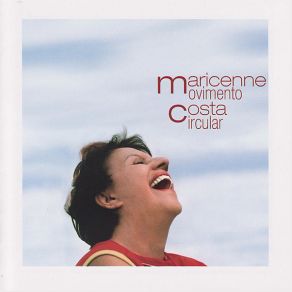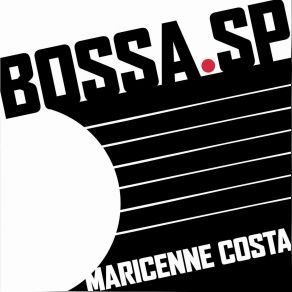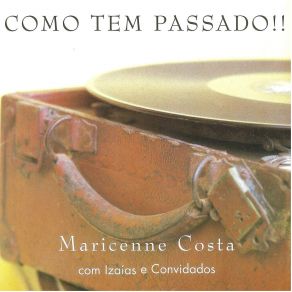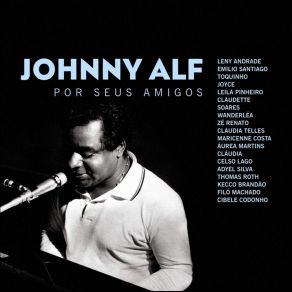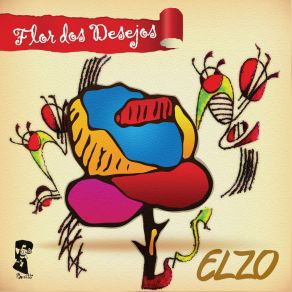Maricenne Costa
Wikimp3 information about the music of Maricenne Costa. On our website we have 3 albums and 2 collections of artist Maricenne Costa. You can find useful information and download songs of this artist.
Biography
[Edit]Maricene Costa, the first interpreter to record a Chico Buarque tune, doing so in 1964 ("Marcha Para um Dia de Sol"), produced award-winning works in which careful historic research is in the forefront. In 1958, Costa won the contest Voz de Ouro ABC (Gold Voice of São Paulo, TV Tupi), and was hired to host her own show in prime time. In the same year, she launched her first 78, with "Quem Sou Eu?" (Dolores Durán) and "O Amor Morre no Olhar" (Guerra-Peixe), and was awarded with TV Tupi's Tupiniquim Award as the revelation of the year. In 1960, Costa was hired by TV Record (São Paulo), performing the next year with Pedrinho Mattar and Manfredo Fest at the Cambridge club (São Paulo), and with Walter Wanderley at the Captain's Bar (São Paulo). In the same year, she went to Lisbon, Portugal, performing with the Plínio Metropolo Quarteto on radio and TV shows and at nightclubs. In 1963, Costa was backed by César Camargo Mariano and his trio on her double single with "Garota de Ipanema" and other bossa nova tunes. In 1966, she went to the U.S., where she performed in Minneapolis, Los Angeles, and New York with Walter Wanderley's trio, having been mentioned by DownBeat magazine and appreciated by Tony Bennett, Judy Garland, and Eddie Fisher. In the next year, she recorded "Carolina" (Chico Buarque) and "Margarida" (Gutemberg Guarabyra), which were the winners of the Festival Internacional da Canção (International Song Festival).
Having participated in several of the historic festivals of the '60s, Costa had two good events: in 1965, she was awarded the best interpreter of the Festival Brasil Canta (Rio), with "Moda" and "Até Mais Vê" (Costa/Carlos Castilho/Víttor Martins) and won second place at the 1966 Festival Excelsior with "Inaê" (Costa/Vera Brasil). As an actress in the '70s, she participated in the play Morte e Vida Severina (adaptation from the work by João Cabral de Melo Neto), among others. In the early '80s, she recorded her first LP, Maricene Costa, accompanied by Sérgio Sá, Antônio Adolfo, and Grupo Medusa. In that decade, she participated in the shows Mulher, Vai Cavar a Nota (realized at a feminist summit and based on songs researched by José Ramos Tinhorão), Fala Poesia (with music for poems by Olga Savary, Renata Pallottini, and Hilda Hilst), and others. In 1987 and 1988, Costa was a special guest in the multimedia show presented at the National Biennial, Epifânia, interpreting Villa-Lobos' "5th Bachiana" and also interpreting several roles. In that decade, she also participated in the musicals depicting Custódio Mesquita's life, Rosa de Maio and Muito Prazer em Conhecer.
In 1992, Costa recorded the LP Correntes Alternadas, with shows at the Crowe Plaza theater (São Paulo) and in several other Brazilian states. From 1997 to 1998, she performed in several clubs in São Paulo and other states with the show Os Sábios Costumam Mentir, with poems by Waly Salomão and music by Caetano Veloso, João Bosco, Gilberto Gil, and Jards Macalé, among others. In 1999, her CD Como Tem Passado!!, dedicated to the first genres recorded in Brazil after research by José Ramos Tinhorão, on which she was accompanied by Isaías e Seus Chorões; the album was awarded by the Brazilian Government, through the Committee for the Commemorations of the V Centennial of the Discovery of Brazil. In the next year, Costa presented the show Como Tem Passado!!, accompanied by Isaías Bueno, Israel Bueno, and a trio at the Adoniran Barbosa Hall in the São Paulo Culture Center (São Paulo).
Collections
Title: Johnny Alf por Seus Amigos
